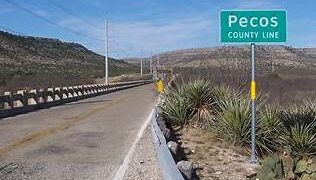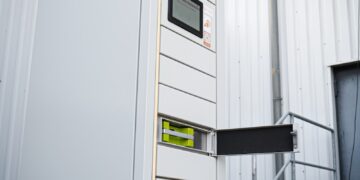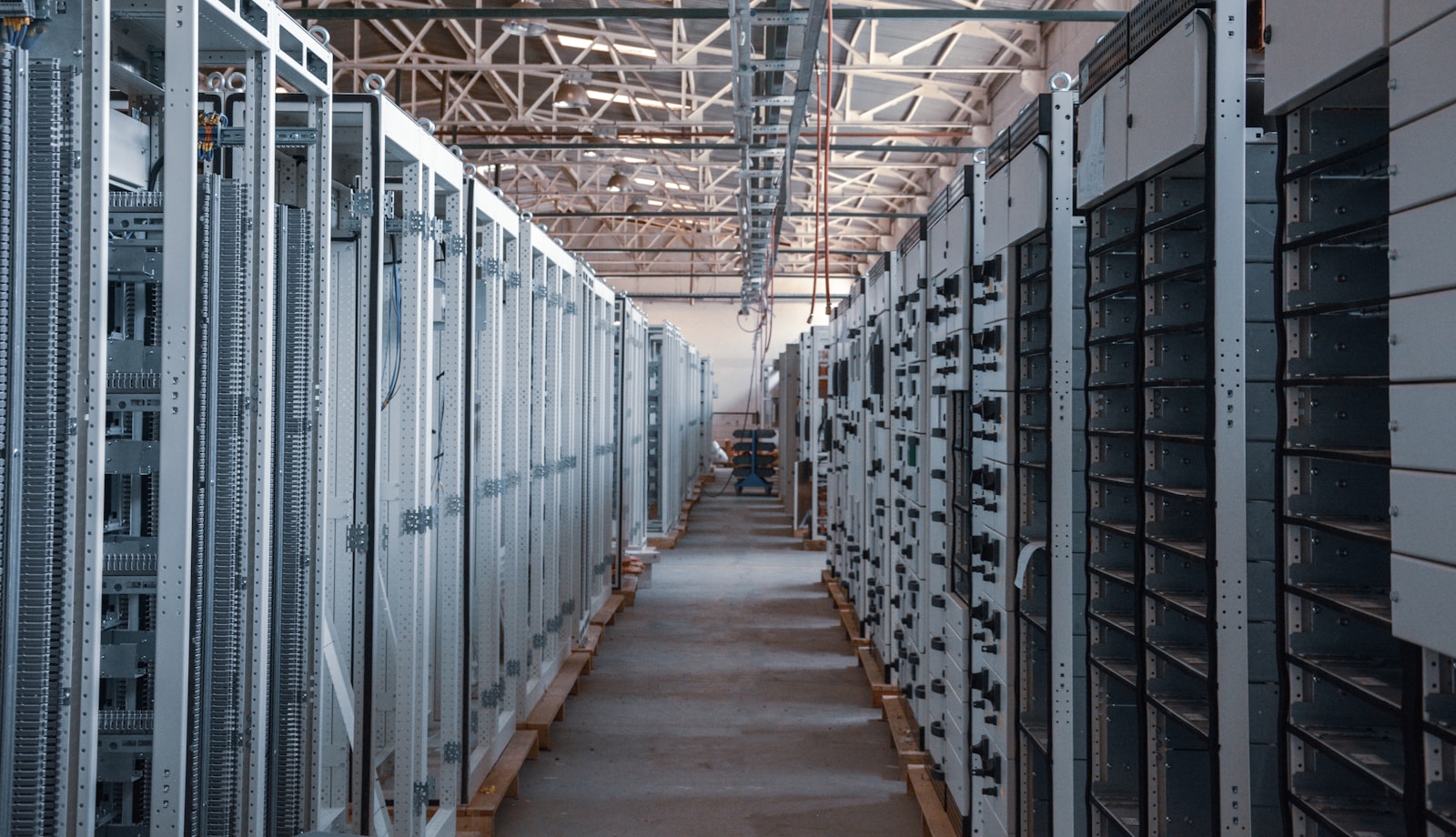In today’s world, “eco business” has evolved from a niche label to a defining force in global commerce. As renewable energy reshapes power grids and climate urgency mounts, sustainable practices are no longer optional—they’re a competitive necessity. From small startups to Fortune 500 giants, companies are weaving eco-conscious strategies into their DNA, leveraging renewables to cut costs, attract customers, and future-proof operations. This isn’t just green idealism; it’s a pragmatic revolution. In this deep exploration, we unpack how eco business is transforming commerce, spotlighting renewable energy’s role and offering insights for businesses, developers, and landowners navigating this seismic shift.
Defining Eco Business Today
Eco business is about more than recycling bins or carbon offsets—it’s a holistic approach to commerce that prioritizes sustainability across operations, supply chains, and customer engagement. The World Economic Forum describes it as “business models that deliver economic value while advancing environmental and social goals.” In practice, this means adopting renewable energy, reducing waste, and aligning with stakeholder values. The Ellen MacArthur Foundation estimates that such models could unlock $4.5 trillion in economic opportunities by 2030, with renewables leading the charge.
For commerce, eco business translates to tangible action: a retailer powering stores with solar, a manufacturer slashing emissions with wind, or a developer integrating green tech into new builds. It’s a shift from profit-only metrics to a triple bottom line—people, planet, profit—that’s redefining success.
The Renewable Energy Catalyst
Renewable energy is the heartbeat of eco business. Solar and wind power, now cheaper than coal in many regions per the International Renewable Energy Agency (IRENA), are driving this transformation. Global renewable capacity has surged, with solar alone growing 22% annually over the past decade, according to the International Energy Agency (IEA). This isn’t just about supply—it’s about demand. Businesses are tapping renewables to meet rising electricity needs while cutting carbon footprints.
Take retail. Walmart, with over 11,000 stores, has installed solar panels on hundreds of rooftops, reducing energy costs by 10-15%, per its sustainability report. Smaller retailers are following suit, using microgrids to power outlets in rural areas. It’s a win-win: lower bills and a greener brand.
Eco Business in High-Energy Sectors
High-energy industries—manufacturing, tech, and cryptocurrency—are eco business pioneers. In manufacturing, steel giants like ArcelorMittal are integrating solar and green hydrogen, cutting emissions by 20% at plants like Sestao, Spain, per the World Steel Association. This isn’t niche; the sector aims for 30% renewable energy use by 2030, driven by cost savings and regulatory pressure.
Data centers, guzzling 200 terawatt-hours annually, are another hotspot. Amazon’s Climate Pledge commits to 100% renewable energy, achieved partly through wind farm PPAs in Texas and Ireland. Smaller operators leverage solar-plus-storage to meet client demands for green hosting, with a 2023 Data Center Dynamics report noting a 30% uptick in such setups.
Bitcoin mining, once an environmental pariah, is pivoting. Miners in regions like Scandinavia co-locate with hydropower plants, slashing costs by 20-25%, per a Bloomberg analysis. Eco business here isn’t charity—it’s survival in a carbon-conscious market.
Landowners: The Unsung Eco Heroes
Landowners are pivotal to the eco business ecosystem. Rural parcels hosting solar arrays or wind turbines are powering commerce while generating steady income—$15,000-$30,000 annually for a 100-acre lease, per the American Clean Power Association. In the U.S., the USDA’s Rural Energy for America Program (REAP) covers 50% of installation costs, making it a no-brainer for farmers.
Europe takes it further with agrivoltaics—combining crops and solar panels. A Fraunhofer Institute study found this boosts land productivity by 60%, supporting food security and clean energy. For businesses, leasing land ensures renewable supply chains, while landowners gain a dual revenue stream. It’s eco business at its most practical.
Tackling Grid Constraints with Eco Solutions
Grid reliability is a chokehold on commerce, with overloaded systems stalling projects from factories to housing developments. The North American Electric Reliability Corporation (NERC) warns of growing blackouts as demand outpaces infrastructure. Eco business offers a fix: on-site renewables. Companies like IKEA deploy solar-plus-storage at distribution centers, cutting grid reliance by 40%, per its sustainability page.
Developers of halted projects are turning to microgrids—self-contained systems blending wind, solar, and batteries. A Rocky Mountain Institute report pegs cost savings at 15%, with zero downtime. These solutions don’t just bypass grid woes—they reduce transmission losses (10% in traditional grids, per the IEA), aligning with eco business efficiency.
Policy: The Eco Business Accelerator
Government policies turbocharge eco business adoption. The U.S. Inflation Reduction Act offers $370 billion in clean energy incentives, including 30% tax credits for solar and wind, per the U.S. Department of Energy. In Europe, the Fit for 55 package mandates 55% emissions cuts, pushing firms to renewables or face fines. Japan’s Green Growth Strategy subsidizes eco-friendly commerce, targeting 50% renewable energy.
Carbon pricing adds teeth. Canada’s $170/ton tax by 2030 penalizes fossil fuels, making renewables a no-brainer. Businesses adopting eco practices gain compliance and a cost edge—savings that ripple through supply chains.
Innovation: The Eco Business Edge
Eco business thrives on innovation. Circular economy principles are slashing waste—First Solar recycles 90% of solar panel materials, while Vestas turns turbine blades into composites. Battery storage is evolving—Tesla’s Megapack cuts lithium use by 20%, per a Nature Energy study.
AI is a game-changer. Microsoft uses it to optimize data center energy, boosting efficiency by 15%, per its AI for Earth program. Smaller firms adopt similar tools to predict demand, trimming costs. These innovations don’t just green operations—they sharpen competitiveness.
The Stakeholder Power Play
Eco business isn’t solo—it’s a stakeholder dance. Customers fuel it—73% prefer sustainable brands, per a NielsenIQ survey, driving 5.6 times faster growth. Employees demand it—74% of workers favor eco-conscious employers, per LinkedIn. Investors back it—ESG funds hit $51 billion in inflows, per Morningstar. Suppliers adapt—60% of Fortune 500 firms mandate emissions reporting, per the Carbon Disclosure Project (CDP).
For commerce, this creates a feedback loop: adopt renewables, win loyalty, secure capital—all while slashing overhead. A retailer with solar-powered stores doesn’t just save money; it builds a brand customers love.
Challenges: No Rose-Tinted Glasses
Eco business faces hurdles. Upfront costs—$1-2 million for a 1 MW solar setup—daunt smaller players, despite long-term ROI. Supply chains for rare earths (e.g., turbine magnets) are shaky, with a 15% deficit looming by 2030, per the IEA. Policy flip-flops—like U.S. debates over tax credits—breed uncertainty. Greenwashing risks linger, with regulators like the SEC cracking down.
Yet, momentum trumps obstacles. Global renewable capacity grows 12% yearly, per the IEA, and eco businesses consistently outperform peers—15% higher profits, per McKinsey.
SEO and Eco Business: Digital Traction
Searches for “eco business” and “sustainable commerce” are soaring—up 50% in recent years, per Google Trends. Retailers, manufacturers, and landowners seek actionable insights—how to go green, cut costs, or lease land. This post targets those terms, blending stats (e.g., 22% solar growth) with examples (e.g., Walmart’s rooftops) to rank high and inform. It’s about meeting readers’ needs, not gaming systems.
Conclusion: Commerce, Reimagined
Eco business isn’t a sideline—it’s commerce reimagined. In the renewable energy age, it’s blending profit with planet, transforming how businesses operate and thrive. From solar-powered stores to wind-driven factories, rural leases to urban microgrids, sustainable practices are the new standard. The question isn’t whether to embrace eco business—it’s how fast you can lead the charge. The future is sustainable, and it’s open for business.

















